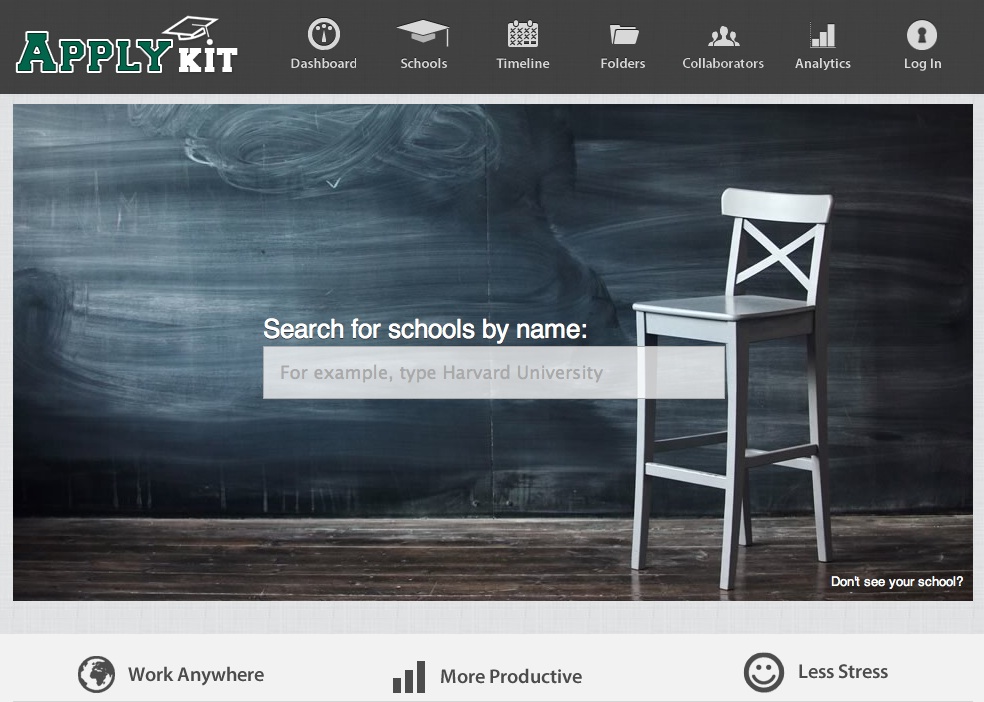 It can be very difficult for students to choose the school that is going to offer them the best chance for future happiness and career success. And even with the input of parents, counselors, and peers, students occasionally discover that they’ve made the wrong decision and ended up at a college that really can’t offer them the program or coursework they need to get where they want to go. Plenty of students also change their minds about what they want to do after they’ve had a chance to take a few classes and see what their dream job actually entails. Then there are issues like cost and location that may lead students to seek an education at another institution. And many students go from community college to a 4-year institution. There are any number of reasons why students might consider transferring colleges. Here are a few things to consider when helping them make the transition.
It can be very difficult for students to choose the school that is going to offer them the best chance for future happiness and career success. And even with the input of parents, counselors, and peers, students occasionally discover that they’ve made the wrong decision and ended up at a college that really can’t offer them the program or coursework they need to get where they want to go. Plenty of students also change their minds about what they want to do after they’ve had a chance to take a few classes and see what their dream job actually entails. Then there are issues like cost and location that may lead students to seek an education at another institution. And many students go from community college to a 4-year institution. There are any number of reasons why students might consider transferring colleges. Here are a few things to consider when helping them make the transition.
Search for acceptable alternatives
In truth, there is little difference between applying for college initially and transferring to a new school except that you’ll need to get more transcripts sent. So the first thing you and your student should do is start looking for acceptable alternatives. The nice thing is that you’ve been through the process once before so you should have a better idea of how to get started, such as by reading reviews and seeking out schools that offer the type of program your student is interested in. If the major study hasn’t changed, you may even be able to repurpose some research on schools that didn’t make the cut the first time around but came in as second- or third-place options. However, if your student is considering a new major, you’ll simply have to begin again with schools that meet the new criteria.
Determine if current credits will transfer
Of course, there may be a few snags to contend with. On the upside, your student has likely completed some credits, which means he/she should have an easier time gaining admittance to a new school. This is especially true of students entering a new institution as juniors with their general education units completed, not to mention those who have managed to earn a high GPA thus far. However, you could definitely face some problems when it comes to transferring those credits. Although most accredited institutions will accept college credit from other such schools, an apples-to-apple transfer is not always possible.
For example, students going from a semester to quarter system, or vice versa, can face problems based on the number of units granted per class. And certain courses may not have an equivalent at a new school, rendering them virtually useless. Plus, every school is bound to have different requirements concerning prerequisites for specific majors. So you should address this issue right off the bat in order to find a school that will offer your student the best opportunity to continue along an educational path rather than having to backpedal and make up units.
Take a look at financial aid
If your student is receiving financial aid via merit scholarships from their current college they will lose that money if they transfer. Transferring students rarely receive any type of merit aid. Do your research and determine whether or not the new college will provide merit aid to your student, even though they are transferring. This might be a strong case to reconsider staying at the current college and finding a way to make it work.
Whether your student is interested in Ivy League institutions like Duke or Brown, state schools like UCLA or the University of Cincinatti, or even technical colleges, transferring colleges can be a trial. But with proper planning and attention to detail you can help to ensure that your kids find that right schools for their wants and needs, even if they’re already on the collegiate path somewhere else.









